On 14th July, by proposing new rules to further increase the safety and quality of substances of human origin, the Commission is taking another step towards building a strong European Health Union. With this proposal, citizens will be safer in donating or receiving vital substances of human origin (SoHO), from blood to tissues and cells, but also breast milk or microbiota. More specifically, the new Regulation will aim at facilitating cross-border circulation of these critical health products. It will reinforce solidarity between public health authorities, while ensuring that the sector can manage the supply of critical substances and promoting innovation with the same high standards of quality and safety for all citizens that donate or are treated with these substances.
Stella Kyriakides, Commissioner for Health and Food Safety, said: “Every year, millions of EU citizens need either a blood transfusion during surgery or after an accident, bone marrow transplants to treat leukaemia or cycles of IVF to become parents. These are just a few examples of how important these treatments are. They form a critical part of healthcare systems across the EU and the stronger rules we are proposing today will ensure that our citizens can count on the highest standards of quality and safety of these vital products, whether it is for cancer care or emergency surgery. COVID-19 has showed us very clearly how important it is to have resilient health systems, today we are adding yet another important piece to our European Health Union.”
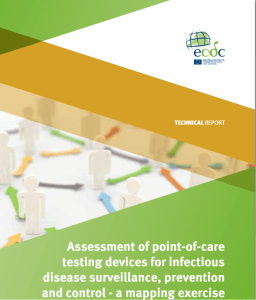
A scoping review of point-of-care testing devices for infectious disease surveillance, prevention and control |
Figures speak for themselves, treatments based on substances of human origin are of high value, they provide large numbers of lifesaving and life-enhancing therapies every year:
- EU patients are treated with 25 million blood transfusions during surgery or trauma care;
- Over 36,000 stem cell transplantations for blood cancers are performed;
- Life-creating therapies contributing to the birth of 165,000 children from medically assisted reproduction;
- Life-improving therapies include 14,500 cornea transplants for restoring sight or 2,000 skin transplants for burn wounds and other injuries.
The proposal includes a range of new measures that fill certain gaps and were developed to support the functioning of this important sector. In addition, the proposal aims to tackle concerns regarding the sufficiency of supply highlighted by the COVID-19 pandemic.
The highlights and main novelties of the proposal include changes in:
- Better protection of patients, donors, and off-springs:
-
- A coverage of all substances of human origin, except solid organs. An example of an added substance is human breast milk;
- An improved protection of recipients of SoHO therapies, as well as donors of SoHO and offspring from medically assisted reproduction;
- Building on the expertise of existing technical bodies in Europe, notably the European Centre for Disease Prevention and Control (ECDC) and the European Directorate for the Quality of Medicines & HealthCare (Council of Europe), to keep technical guidelines up to date;
- The introduction of proportionate, risk-based measures to strengthen national oversight, as well as EU support measures for national authorities (training, IT, etc…).
- Promoting innovation:
-
- A stronger support for innovation with a common procedure to assess and authorise SoHO preparations, proportionate to the risks these bring;
- The registration of all entities carrying out activities affecting safety and quality of SoHO;
- The establishment of a SoHO Coordination Board (SCB) with and for the Member States to support a common implementation of the new Regulation.
The creation of the EU SoHO Platform, to gather all required information, streamline reporting and increase visibility to citizens will give a new impetus to digitalisation.
The Regulation proposed today will, once adopted and implemented in all Member States, replace the rules for safety and quality set out in two Directives (2002/98/EC, for blood and blood components and 2004/23/EC, for tissues and cells), and their implementing acts.
Next Steps
The Commission’s proposal will now be examined and discussed, through the co-decision process, in the Parliament and the Council of the European Union until a final text is agreed.
Background
While the current legislation has improved safety and quality in this field since it was adopted and implemented some twenty years ago, an evaluation carried out in 2019 identified a number of gaps and shortcomings.
In particular, new infectious disease risks had emerged in the meantime and technologies for processing blood, tissues and cells have developed rapidly, with the legislation not keeping pace with these changes. In addition, it was concluded that donors were not given a high enough priority in terms of health protection and that the legislation was being applied in quite a variable way across the EU.
The proposed Regulation takes into account the unique nature of this sector, where therapies are often provided by public health services and availability of therapies for citizens depends on the public willingness to donate blood, tissues, cells and other human substances for the benefit of others.
The proposal strikes a balance that protects donors from exploitation and from risks to their own health, while ensuring that they are not discouraged from donating. The approach builds on the principle of voluntary and unpaid donation and on published work by the Council of Europe and it promotes the approach of ensuring ‘financial neutrality’ for donors.
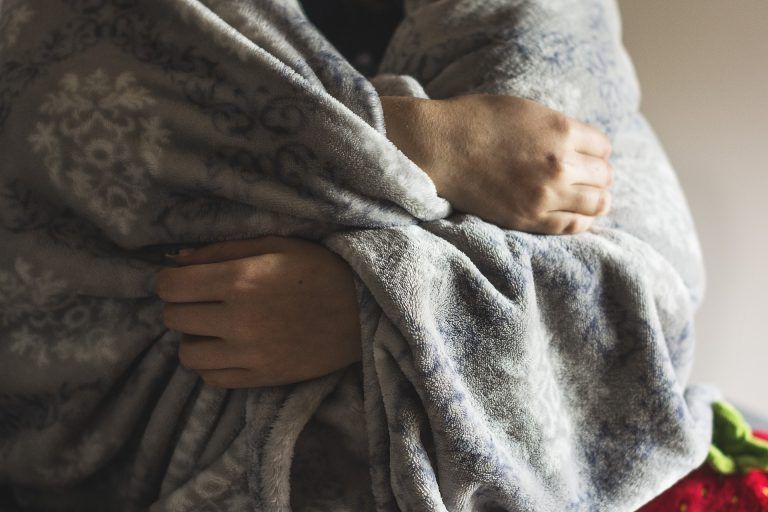
List of top-3 health threats to prepare against |

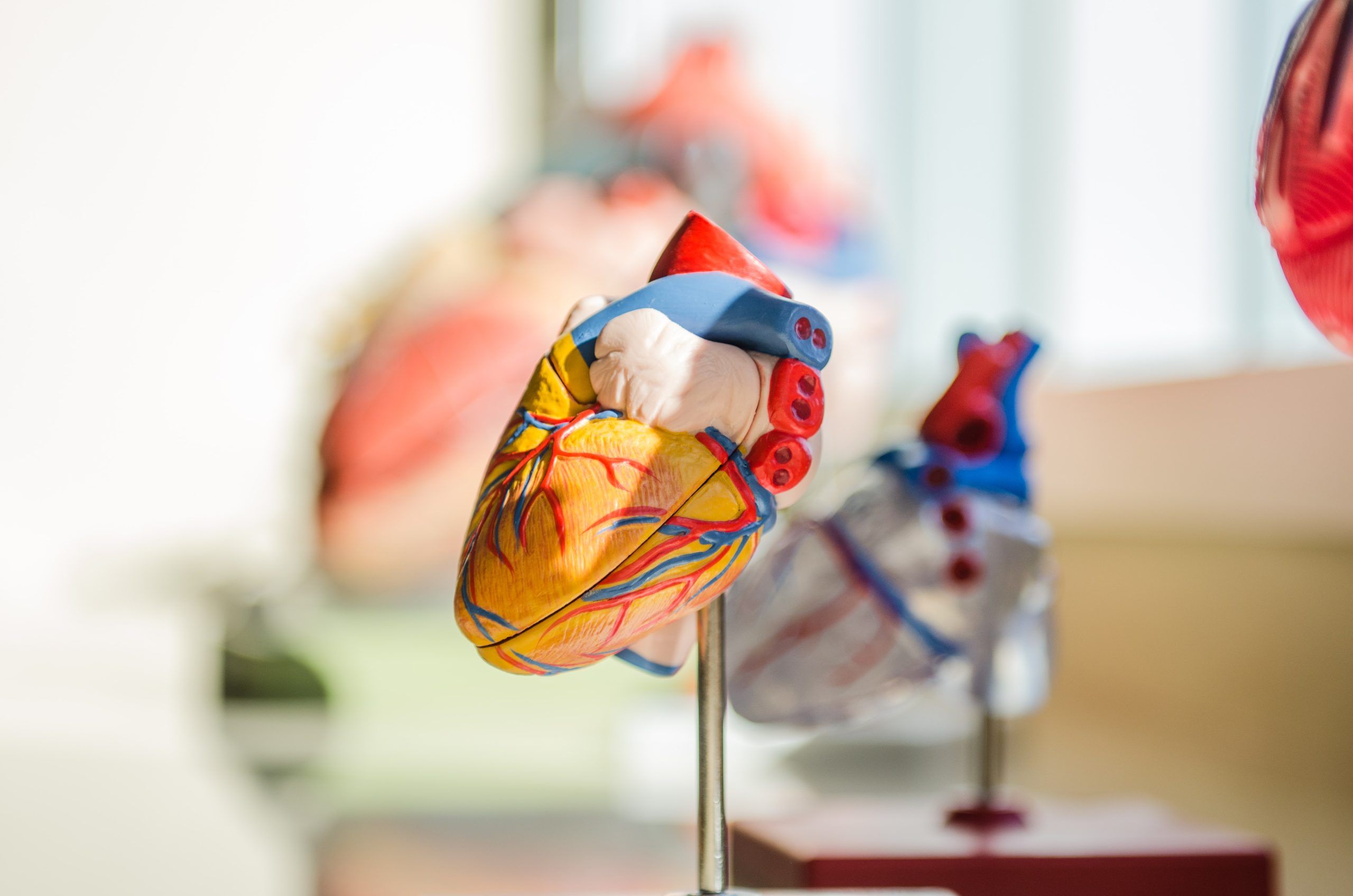

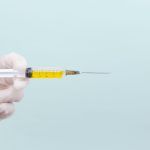
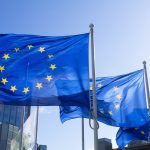


Leave a Reply